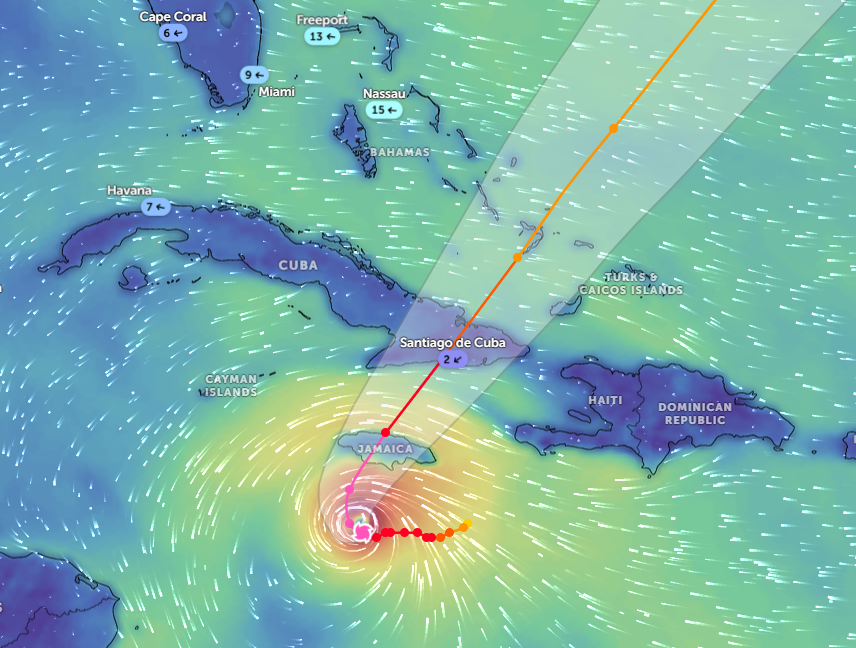Global Guardian acquired Solace Global Risk to strengthen its travel risk management platform, leverage the expertise and proven capabilities of the Solace Global team, and expand its international footprint. By combining Global Guardian’s 24/7 global operations with Solace Global’s advanced Travel Risk Management (TRM) technology, we are creating the industry’s most comprehensive risk management solution.
Alert+





